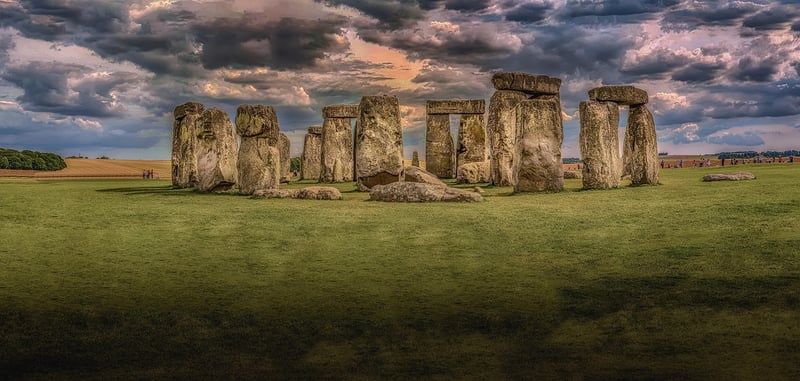Altering History
The Impact of Moral Considerations on Altering History
History is often described as a record of past events that shapes our present and future. However, the way history is interpreted and presented can be influenced by various factors, including moral considerations. When it comes to altering historical narratives, the ethical implications of such actions play a crucial role in shaping our understanding of the past. Let's delve into how moral considerations impact the alteration of history.
Understanding Moral Considerations
Morality refers to a set of principles concerning the distinction between right and wrong behavior. When it comes to history, moral considerations involve evaluating the ethical implications of altering or interpreting historical events in a certain way. This can include decisions about which events to emphasize, how to portray key figures, and whether certain aspects of history should be highlighted or downplayed.
The Power of Historical Narratives
Historical narratives have the power to shape collective memory and influence societal beliefs and values. By altering historical records, either intentionally or unintentionally, the way we perceive the past can be fundamentally changed. This highlights the importance of approaching historical revisionism with caution and considering the moral implications of such actions.
Challenges of Altering History
While there may be valid reasons for reinterpreting historical events to provide a more accurate representation of the past, there are also significant challenges involved. Altering history can lead to distortion, misinformation, and the erasure of certain perspectives. It is essential to strike a balance between presenting a comprehensive view of history and respecting the integrity of the past.
Responsible Historical Revisionism
When considering altering history, it is crucial to approach the task with responsibility and integrity. This involves thorough research, consulting multiple sources, and engaging in open dialogue with experts and stakeholders. By upholding ethical standards and considering the moral implications of historical alterations, we can ensure that the integrity of history is preserved.
Conclusion
As we navigate the complex terrain of history and its interpretation, moral considerations play a significant role in shaping how we understand the past. By approaching historical revisionism with sensitivity, integrity, and a commitment to ethical principles, we can navigate the challenges of altering history while preserving the truth and richness of our collective narrative.

